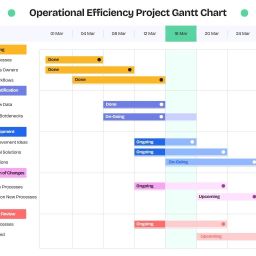
The project management sector has responded to the recent UK budget with a mix of optimism and caution, Project Challenge understands, highlighting both opportunities and challenges in the government’s infrastructure investment plans.
Richard Risdon, managing director for UK and Europe at Mott MacDonald, welcomed the government’s recognition that “growth is not possible without investment in infrastructure,”. He noted that the changing of fiscal rules could free up significant funding for major projects, potentially creating a longer-term approach to investment comparable with other European nations.
Risdon emphasised the importance of consistent investment in infrastructure to achieve net zero goals and improve public services and connectivity.
However, Risdon also pointed out a significant challenge: “The biggest challenge to realising these infrastructure investment plans is still the people”. He stressed the urgent need for the government to work with the sector on addressing skills shortages, welcoming the commitment to Skills England in the Budget.
Jonathan Hart of Pinsent Masons, specialising in infrastructure project finance, pointed out that the precise model for catalysing private investment in infrastructure projects remains unclear. He noted, “There were some eye-catching numbers and commitments relating to the UK’s infrastructure pipeline, but it remains to be seen what role private finance might play.” . Hart expressed cautious optimism but warned that obstacles in terms of capacity, planning and speed of delivery might be magnified in the short term.
Dr David Crosthwaite, chief economist at BCIS, expressed scepticism. “I’m not convinced this is a budget for growth,” he said, suggesting that that the investment outlined in the Budget is unlikely to make a material difference to the construction sector.
The Institute for Government emphasised the need for a more stable, consistent and transparent approach to spending decisions and project delivery, saying, “a commitment to more stable, higher levels of investment – accompanied by five-year capital spending plans – should also help ensure that projects can address the most important gaps and be delivered effectively.”
Overall, the response from the UK project management sector to the budget appears cautiously optimistic. While welcoming the increased focus on infrastructure investment, industry experts have identified several key challenges such as addressing skills shortages in the sector, ensuring consistent and long-term investment approaches, clarifying the role of private finance in infrastructure projects and aligning investment with net zero goals and economic growth.
The sector seems to agree that while the budget’s commitment to infrastructure investment is positive, successful implementation will require addressing these challenges and maintaining a stable, transparent approach to project delivery.














